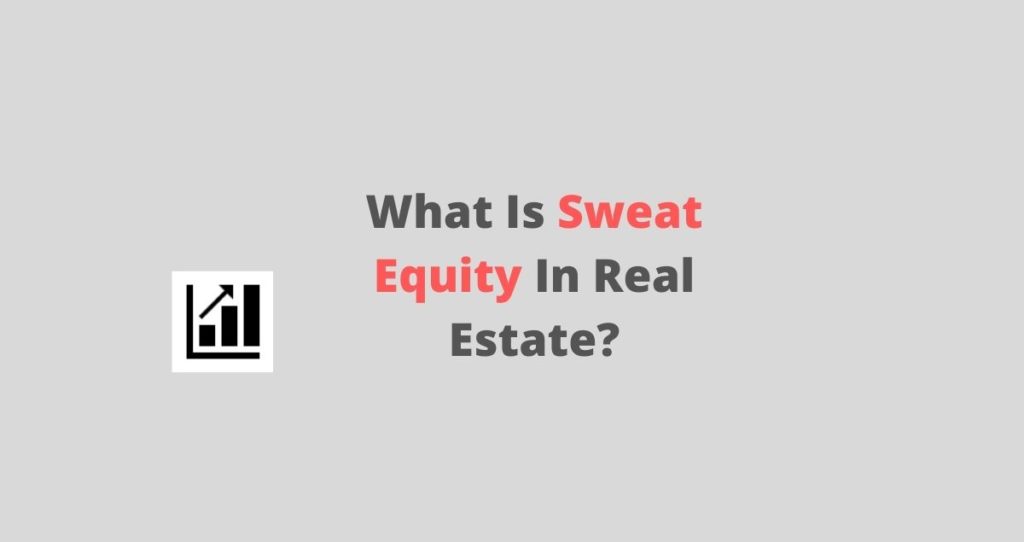What is a sweat equity?
Sweat equity is equity added to the house by a homeowner instead of using a contractor, according to Rocket Mortgage. In order to fully understand what this term means, we are going to break it into two small parts: (1) Equity and (2) Sweat.
(1) Equity: The term equity can be simplified as the total ownership a homeowner has in the property. For example, if your house is worth $300,000 and you have a mortgage balance of $100,000, your equity in the house will be $200,000. As you pay off the mortgage, your equity in the house will increase until it is equal to the value of the house. That is you will own the house 100% only after the mortgage is fully paid off.
You can also increase the equity in the house through renovations. We are going to use the above example. Let’s assume that you renovated a kitchen, floor, and bathroom with $60,000. After this renovation, your house’s value increased. Instead of having a market value of $300,000, it is now worth $400,000. This is called a forced appreciation where a homeowner increases the value of the property through renovations.
(2) Sweat: This term is associated with hardship usually physically demanding. When used on equity, it represents the effort, energy, and time a homeowner used to improve or add value to the house. Instead of hiring a contractor, the owner chooses to do the job. This is done usually when homeowners want to reduce the cost of renovations.
For example, house flipping is a good business and profitable for some investors. In order to maximize profits and mitigate losses, investors decide to use sweat equity. In order words, the house flippers use their own effort, time, and resources to take care of renovation projects.
Putting it all together
Now that we know what these two terms mean, it is a time to put them together.
After acquiring the equity in the house from the homeowner’s expenses, hard work, and time, that equity will be defined as sweat equity.
The equity in your house will play an important role in you choose to refinance your house especially cash-out refinancing.
>>MORE: Cash-Out Refinance: Basics And Definition?
Benefits of sweat equity
Sweat equity is important because homeowners can add more value to their houses without hiring expensive contractors. For example, if you doing flooring and painting the house, it could cost you a lot of money when you hire contractors to do the job. So, taking care of these projects will save you a lot of money and still adds equity to the house.
So, if you are looking to sell your house at a higher value, you can add equity in it by using sweat equity.
The other benefit of sweat equity is learning. Yes, you are a product of how much you have learned in the past and how you used what you learned. Do it yourself(DIY) projects not only put money in your pockets, but they also increase your knowledge capacity.
Other use of sweat equity
Sweat equity can also be used in other sectors. Let’s assume that you are starting a company but have not yet made a profit. This does not mean that there is no equity in the company. The amount of time, effort, and resources you put into the company is your sweat equity.
If it comes to a point where you sell the company, you will be compensated based on how much equity you built in the company. That is the equity in the company will depend on how much a buyer is willing to pay.
More learning resources
- Equity Income: Basics And Definition
- Home Equity Line Of Credit: What Is HELOC?
- Debt To Equity Ratio Or Debt-Equity(D/E) Ratio
- Equity Definition
- Mortgage Refinance: How To Refinance A Mortgage?









